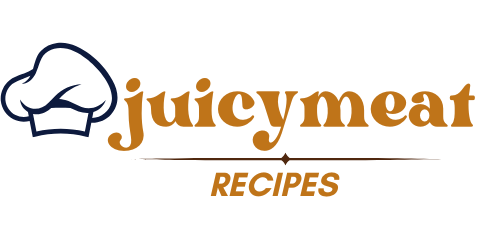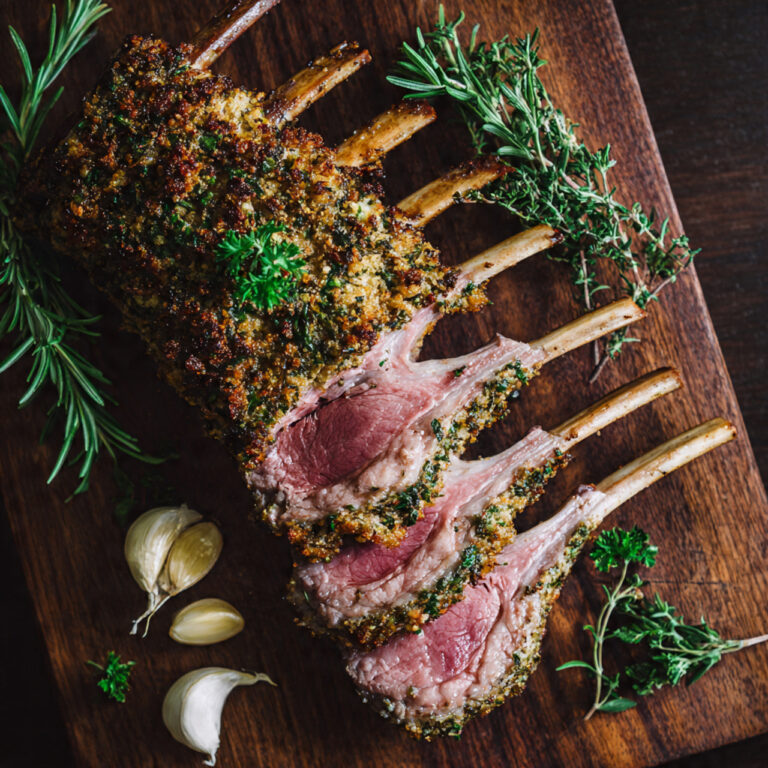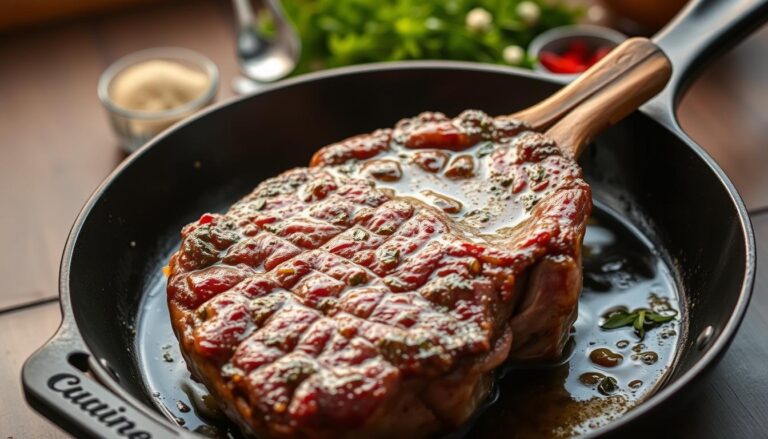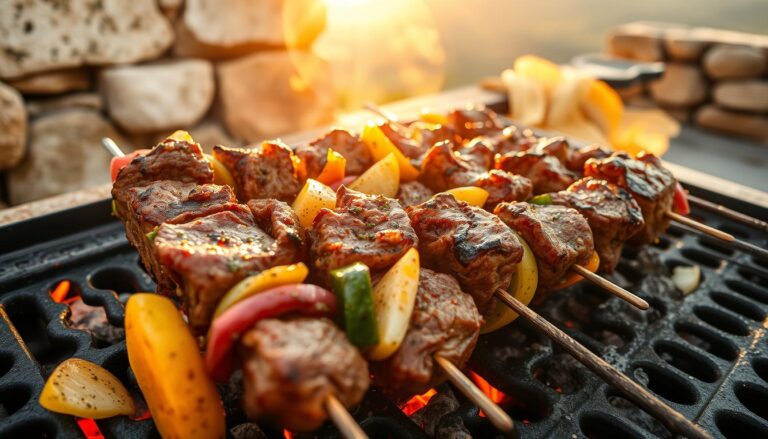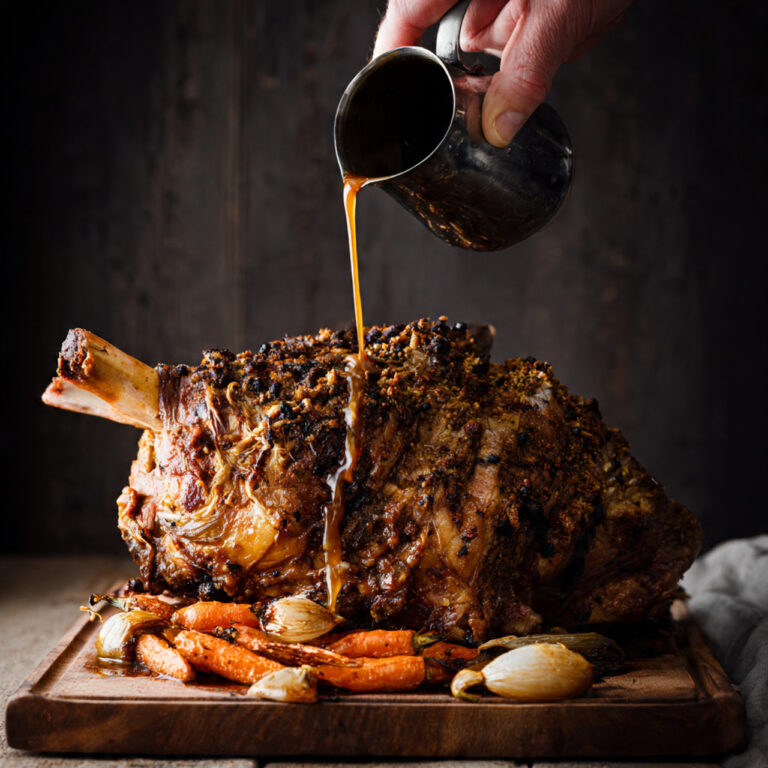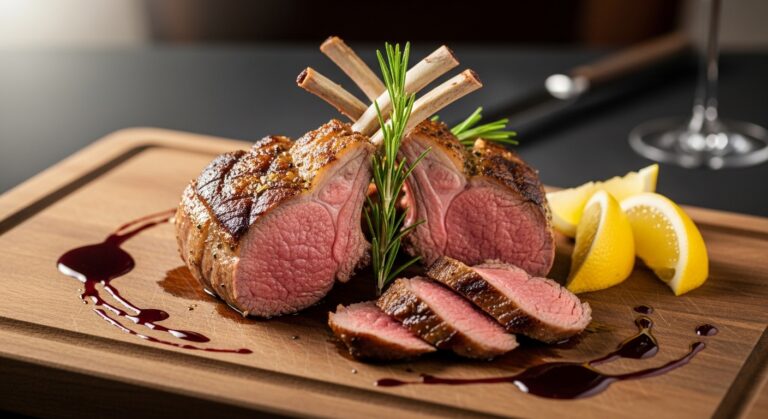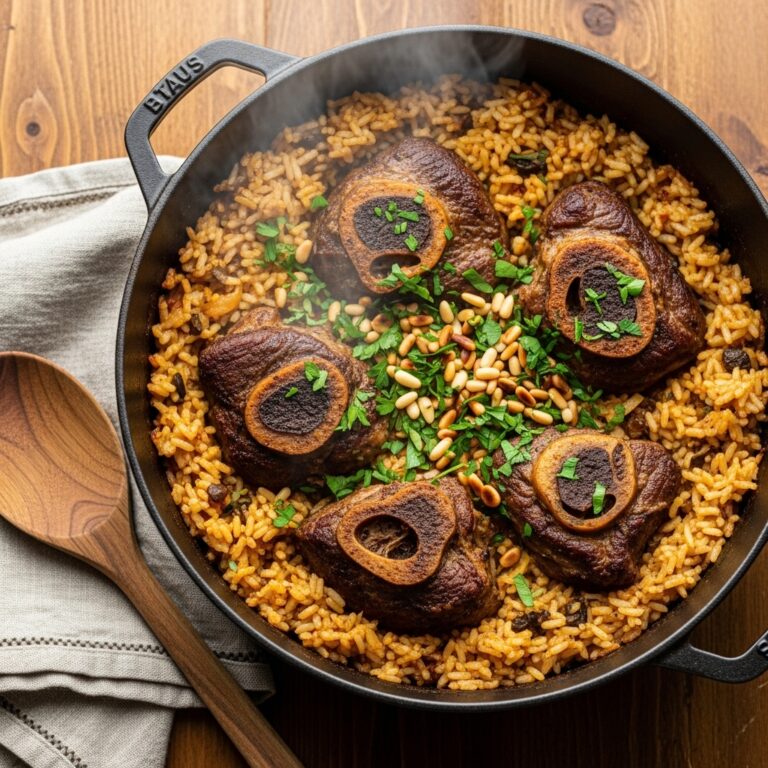How to Cook a Perfect Lamb Breast Plate Recipe
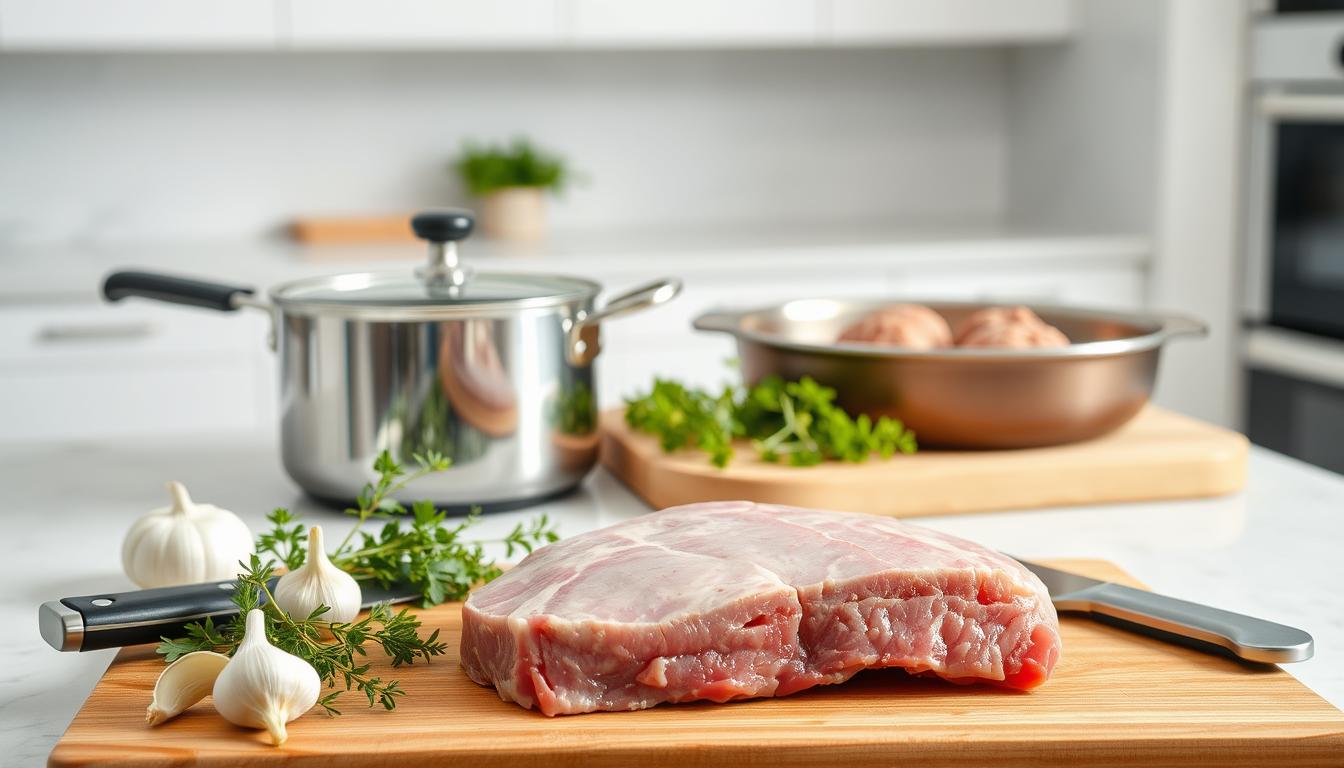
When I first found out about lamb breast plate recipes, it felt like a secret was revealed. My grandmother’s kitchen was famous for its amazing smells. Her slow-roasted lamb was a perfect example of turning an affordable cut into a flavorful masterpiece.
Cooking a lamb breast plate recipe is more than just following steps. It’s about creating a special experience that connects you to old cooking ways. This cut might look tough, but with the right cooking tips, you’ll discover a world of delicious flavors. These flavors will wow even the pickiest eaters.
If you’re a home cook wanting to learn more or someone who loves trying new meat dishes, this guide is for you. It will show you how to make a perfect lamb breast plate. It will be crispy on the outside and tender on the inside.
Table of Contents
Understanding Lamb Breast: A Premium Cut at a Budget Price
Lamb breast is a hidden gem in the world of meat cuts. It offers an exceptional dining experience without breaking the bank. This versatile cut provides home cooks with a delicious opportunity to create memorable lamb breast plate dishes that are both affordable and packed with flavor.
The magic of lamb breast lies in its unique characteristics. It makes it a standout choice for food enthusiasts. Unlike more expensive cuts, this meat offers a perfect balance of rich flavor and tender texture. It transforms simple lamb breast plate flavors into gourmet-level cuisine.
What Makes Lamb Breast Special
Lamb breast is distinguished by several remarkable qualities:
- Rich marbling that ensures exceptional tenderness
- Budget-friendly pricing compared to premium cuts
- Versatility in cooking methods
- Intense, robust lamb flavor
Characteristics of Quality Lamb Breast
When selecting lamb breast, look for these key indicators of premium quality:
| Quality Indicator | What to Look For |
|---|---|
| Color | Bright pink to light red |
| Fat Marbling | Consistent white fat throughout |
| Texture | Smooth and firm |
| Smell | Fresh, mild lamb aroma |
Nutritional Benefits of Lamb Breast
Beyond its incredible taste, lamb breast offers substantial nutritional value. It’s an excellent source of protein, essential vitamins, and minerals that contribute to a balanced diet. The combination of nutrients makes this cut not just delicious, but also a smart choice for health-conscious food lovers.
Lamb breast proves that exceptional flavor doesn’t always come with a hefty price tag.
Essential Ingredients for Lamb Breast Plate Recipe
Making a great lamb breast plate starts with choosing top-notch ingredients. These ingredients bring out the meat’s natural taste. The right mix of spices and herbs turns an ordinary cut into a special dish.
- Lamb breast – the main attraction
- Extra virgin olive oil
- Ground spices for depth of flavor
- Fresh herbs for brightness
Your spice blend is key to making lamb breast plate meal ideas that excite your taste buds. Let’s look at the essential spices that make this dish stand out:
| Spice | Flavor Profile | Culinary Purpose |
|---|---|---|
| Ground Cumin | Earthy, warm | Adds deep complexity |
| Ground Cinnamon | Sweet, warm | Introduces subtle sweetness |
| Paprika | Slightly smoky | Provides rich color |
| Ground Coriander | Citrusy, nutty | Brings brightness |
When making your lamb breast plate marinades, remember to find the right balance. Each spice should enhance the lamb’s flavor without overpowering it. Play with the amounts to match your taste preferences.
If you follow a special diet, don’t worry. Most of these ingredients can be swapped out. Fresh or dried herbs are great substitutes, letting you tailor your lamb breast plate meal ideas to your dietary needs.
Kitchen Equipment and Tools You’ll Need
To make a tasty lamb breast, you need the right kitchen tools. Professional cooking guides say using precise tools is key. Start by picking the best kitchen gear to master cooking lamb breast.
Before cooking, it’s important to have the right tools. These tools will help you make a meal that everyone will remember.
Essential Cooking Equipment
- Large roasting pan with high sides
- Heavy-duty aluminum foil
- Baking sheet with rimmed edges
- Cast-iron skillet for searing
- Sturdy oven mitts
Temperature Monitoring Tools
| Tool | Purpose | Accuracy Level |
|---|---|---|
| Digital meat thermometer | Precise internal temperature reading | High |
| Instant-read thermometer | Quick temperature checks | Medium |
| Infrared thermometer | Surface temperature measurement | High |
Preparation Utensils
- Sharp chef’s knife
- Cutting board
- Kitchen twine for trussing
- Meat tongs
- Pastry brush for marinades
Pro tip: Invest in quality tools that will last through multiple cooking adventures. Your equipment can make a significant difference in achieving tender, flavorful lamb breast.
Preparing Your Lamb Breast for Cooking
Learning to cook lamb breast starts with good preparation. You’ll turn this affordable cut into a tasty dish with the right steps.
Trimming is key for the best results. Here’s how to get your meat ready:
- Remove excess fat using a sharp knife
- Carefully trim silver skin without losing meat
- Pat the meat dry with paper towels
- Inspect for any remaining connective tissues
Pro tip: Trimming reduces toughness and allows better seasoning penetration.
Letting your lamb breast come to room temperature is important. Rest it for 20-30 minutes before cooking. This makes it cook evenly and become tender.
“The key to perfect lamb is in the preparation” – Professional Chef
When you add your spice rub, follow these steps:
- Ensure meat surface is completely dry
- Apply spice mixture generously
- Massage the rub into every surface
- Let seasoned meat rest for 30 minutes
Place the lamb breast fat-side up in your roasting pan. This way, the fat bastes the meat, making it more flavorful and moist.
Creating the Perfect Marinade Blend
Making a great lamb breast plate marinade turns a simple cut into a dish to remember. The right mix of herbs and spices can take your lamb from good to amazing.
When making lamb breast plate marinades, getting the flavors right is key. Your marinade should enhance the lamb’s rich taste without drowning it out.
Herb and Spice Combinations
Finding the perfect herb and spice mix is crucial. Here are some top picks:
- Mediterranean Blend: Rosemary, thyme, garlic, and olive oil
- Middle Eastern Inspired: Cumin, coriander, paprika, and cinnamon
- Herbal Classic: Dried oregano, basil, parsley, and black pepper
Marinade Timing Guidelines
How long you marinate affects the flavor and tenderness of your lamb. Here are some guidelines:
| Marination Time | Flavor Intensity | Recommended Use |
|---|---|---|
| 2-4 hours | Light | Quick weeknight meals |
| 6-8 hours | Medium | Weekend cooking |
| 12-24 hours | Intense | Special occasion dishes |
Storage and Preparation Tips
Storing your lamb breast plate marinades right keeps them safe and flavorful. Always marinate in a non-reactive container and refrigerate to stop bacteria growth.
- Use glass or ceramic dishes for marinating
- Keep marinated lamb in the coldest part of your refrigerator
- Never reuse marinade that has been in contact with raw meat
With these tips, you can turn an affordable cut into a dish that wows everyone.
Step-by-Step Lamb Breast Plate Recipe
Cooking a perfect lamb breast plate recipe needs patience and precision. Your journey starts with careful preparation and slow-roasting. This turns a budget-friendly cut into a culinary masterpiece.
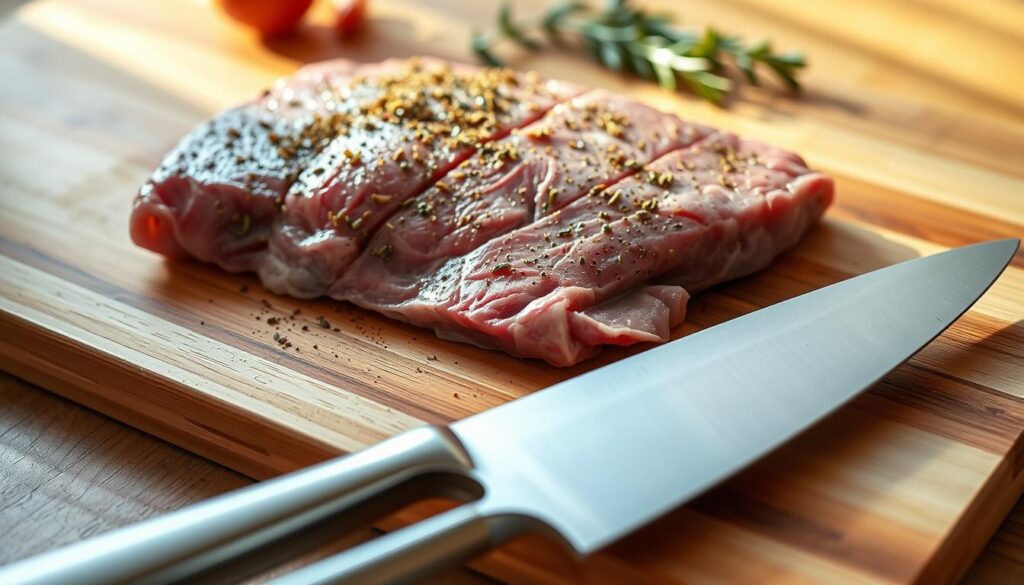
First, preheat your oven to 275°F (135°C). This low temperature is key for tender, succulent meat. Choose a roasting pan big enough for your lamb breast. Using a roasting rack can help.
Preparation Steps
- Preheat oven to 275°F (135°C)
- Prepare roasting pan with rack
- Remove lamb from refrigerator 30 minutes before cooking
- Insert meat thermometer into thickest part
Your marinade is crucial for the lamb breast plate recipe. Mix:
- Fresh herbs like rosemary and thyme
- Minced garlic
- Olive oil
- Lemon zest
Roast the lamb for about 3-4 hours. Watch the internal temperature closely. Aim for 195°F (91°C) for tenderness. This slow cooking makes the meat juicy.
Pro tip: Let your lamb rest for 15-20 minutes after cooking. This redistributes juices and boosts flavor.
Remember, patience is key in lamb breast cooking. Low and slow turns this economical cut into a dish that wows your guests.
Slow-Cooking Techniques for Tender Results
Mastering braised lamb breast takes patience and the right techniques. It’s all about slow-cooking to break down tough tissues and enhance flavors. This makes the dish tender and delicious.
When cooking lamb breast, temperature control and strategy are key. You want the meat to be so tender it falls apart easily.
Temperature Control Methods
For successful slow-cooking, keep the temperature low and steady. Here are some tips for perfect lamb breast:
- Start with a low oven temperature around 275°F (135°C)
- Use a digital meat thermometer for precise tracking
- Cook for extended periods to ensure complete tenderness
Timing and Doneness Guidelines
Getting the cooking time right is essential for braised lamb breast. Check the internal temperature and texture for the best results.
| Cooking Stage | Temperature | Cooking Time | Doneness Indicator |
|---|---|---|---|
| Initial Slow Cooking | 275°F (135°C) | 2-3 hours | Meat begins to soften |
| Final Crisping | 450°F (230°C) | 20-25 minutes | Crispy golden edges |
When the lamb reaches 195°F-205°F, it’s done. Crisp the exterior by increasing heat and brushing with rendered fat for a perfect finish.
Creating the Perfect Finishing Sauce
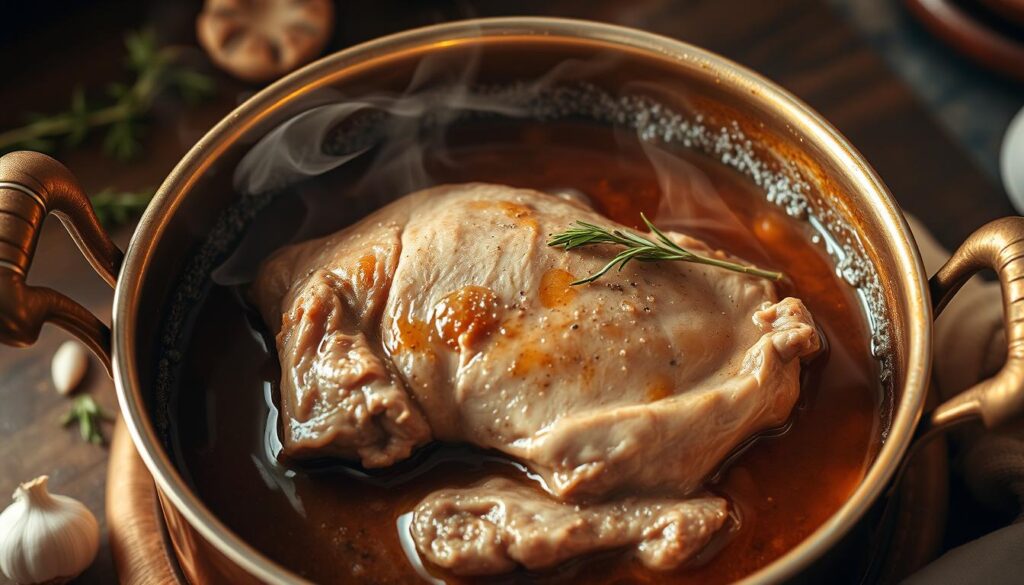
To make your lamb breast plate even better, you need a great finishing sauce. This sauce should match the meat’s rich flavor. A good sauce can turn a good meal into an amazing one.
Creating an amazing sauce is all about balancing flavors. You want your sauce to cut through the lamb’s richness. It should also bring out the meat’s natural taste.
- Fresh parsley for bright herbaceous notes
- Tangy vinegar to cut through fatty meat
- Lemon juice for citrusy brightness
- Minced garlic for depth
- Honey for subtle sweetness
- Red pepper flakes for gentle heat
Making the sauce is easy and fast. Just mix all the ingredients in a bowl and whisk until smooth. Pro tip: Let the sauce sit for 10-15 minutes before serving to allow flavors to meld together.
Your sauce should be smooth so it can be drizzled or spooned over the lamb. Adjust the seasonings to get the perfect balance. This will make your lamb breast plate even better.
The right sauce can elevate a good dish to a memorable culinary experience.
Try different amounts of each ingredient to find your favorite sauce. This will make your lamb breast plate meal truly unforgettable.
Tips for Achieving Crispy Exterior and Tender Interior
Mastering lamb breast cooking requires careful attention to temperature and technique. The key to a perfectly cooked lamb breast is balancing heat and moisture.
Your lamb breast culinary techniques can turn an ordinary cut into an extraordinary dish. Follow these essential tips for a mouthwatering result:
- Start with a moderate oven temperature of 325°F (160°C)
- Slow-roast for 2 to 2.5 hours to render fat gradually
- Use a meat thermometer for precise doneness
Temperature Adjustment Techniques
To create a crispy exterior, strategic temperature manipulation is crucial. In the final 30 minutes, increase the oven temperature to 375°F (190°C). This higher heat browns the surface while keeping it tender inside.
Basting and Monitoring Methods
Basting is key in lamb breast preparation. Spoon the rendered fat over the meat to enhance flavor and moisture. Pro tip: Use a meat thermometer to track internal temperature accurately.
Aim for these internal temperature guidelines:
- Medium-rare: 145°F (63°C)
- Medium: 160°F (71°C)
- Well-done: 160°F (70°C)
For the ultimate crispy finish, turn on the broiler for a final 4-minute blast. Watch closely to transform your lamb from good to absolutely irresistible.
The secret to perfect lamb breast is patience and precision in temperature control.
Serving Suggestions and Complementary Sides
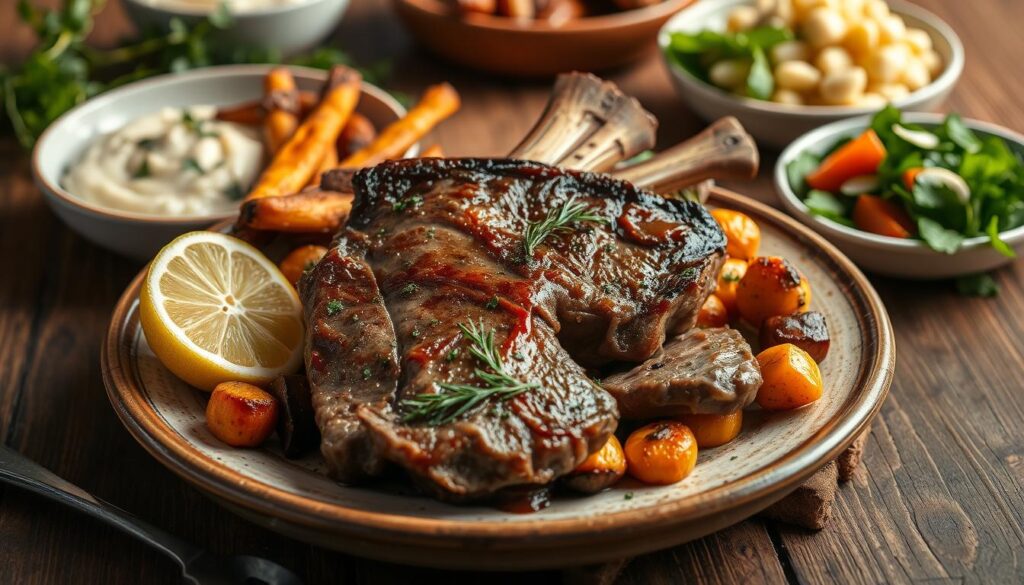
Choosing the right sides can make your lamb breast plate dishes unforgettable. The lamb’s rich flavor needs sides that balance and boost its taste.
Think about these side options for your lamb breast meal:
- Creamy Mashed Potatoes: A classic that soaks up the lamb’s juices
- Roasted Root Vegetables: Carrots, parsnips, and sweet potatoes add a sweet contrast
- Herbed Rice Pilaf: A light, aromatic side that complements the lamb
- Fresh Mediterranean Salad: It cuts through the richness with crisp, tangy elements
For a nice look, slice the lamb breast against the grain. Arrange it on a large platter. Add fresh herbs like rosemary or thyme for extra flavor and a pop of color.
Make sure to offer vegetarian or gluten-free sides for guests with dietary needs. This way, everyone can enjoy the meal and appreciate the lamb’s amazing taste.
Storage and Reheating Guidelines
After cooking your lamb breast, it’s important to store it right. This keeps the flavor and texture great. Always follow the right storage methods to enjoy your meal fully and avoid waste.
Here are the key storage tips for your lamb breast:
- Cool the lamb breast completely before storing
- Use airtight containers for refrigeration
- Store in the refrigerator for up to 3 days
- Freeze for extended preservation up to 3 months
When reheating your lamb breast, use these steps:
- Preheat your oven to 350°F (175°C)
- Place lamb in an oven-safe dish
- Cover with aluminum foil to retain moisture
- Reheat for 10-15 minutes until warmed through
Freezing your lamb breast needs careful steps. Wrap it tightly in freezer-safe plastic or vacuum-sealed bags to avoid freezer burn. When thawing, move the lamb from the freezer to the fridge overnight for safe defrosting.
Pro tip: Slice the lamb before freezing to make future reheating and meal preparation easier!
Get creative with your lamb breast leftovers. You can shred it for tacos, add it to salads, or make a tasty shepherd’s pie.
Conclusion
Making the perfect lamb breast plate recipe is a fun journey. It turns an affordable cut into a dish fit for a restaurant. By learning about lamb breast and using the tips in this guide, you can make meals that wow everyone.
Your lamb breast dishes are super versatile. They’re great for any meal, from a weeknight dinner to a big event. The secret to success is patience, good prep, and the right seasonings. Each step, from choosing a marinade to slow-cooking, adds to the dish’s rich flavors.
Lamb breast is very flexible, as Tasting Table points out. You can smoke or slow roast it. Try out different herbs, spices, and cooking ways. Each try will improve your skills and help you create a unique lamb breast recipe.
With more practice, you’ll turn this affordable cut into a memorable meal. Your lamb breast dishes will become a hit in your kitchen.
FAQ
What is lamb breast and why is it considered a budget-friendly cut?
Lamb breast is a flavorful cut that’s rich in taste but affordable. It’s not as popular as other cuts, but it becomes tender and delicious when slow-cooked. This makes it perfect for those who want to cook a gourmet meal without spending a lot.
How long does it take to cook lamb breast?
Lamb breast needs slow cooking at a low temperature, around 3-4 hours at 300°F (150°C). Cooking it slowly breaks down the connective tissues. This makes the meat tender and develops a crispy exterior.
What are the best marinades for lamb breast?
The best marinades for lamb breast include herbs and spices like cumin, cinnamon, coriander, and paprika. A good marinade might have olive oil, garlic, rosemary, thyme, lemon juice, and spices. These enhance the lamb’s natural flavor.
Can I freeze lamb breast before or after cooking?
Yes, you can freeze lamb breast before or after cooking. If raw, wrap it tightly in freezer-safe packaging and use within 3-4 months. For cooked lamb, cool it completely, wrap it securely, and freeze for up to 2-3 months. Always thaw it in the refrigerator before reheating.
What internal temperature indicates lamb breast is fully cooked?
For lamb breast, aim for an internal temperature of 195-205°F (90-96°C). This ensures the meat is tender and fully cooked. Use a meat thermometer to check, as this cut needs a higher temperature to be tender.
What are some recommended side dishes for lamb breast?
Great side dishes for lamb breast include roasted root vegetables, creamy polenta, mint couscous, garlic mashed potatoes, or a fresh Mediterranean-style salad. The rich flavor of lamb pairs well with sides that complement and contrast its taste.
How do I achieve a crispy exterior on lamb breast?
To get a crispy exterior, slow-cook the lamb at a low temperature, then increase the heat or use the broiler for the last 10-15 minutes. Baste the meat with its own fat and ensure the fat cap is up. This helps create a crispy surface.
How long can I store cooked lamb breast in the refrigerator?
Cooked lamb breast can be stored in an airtight container in the refrigerator for 3-4 days. Cool it completely before storing and reheat it thoroughly before eating. For the best quality, eat it within the first two days.
Source Links
- https://www.thekitchn.com/how-to-trim-lamb-breast-221019
- https://www.foodandwine.com/should-raw-meat-be-at-room-temperature-before-you-cook-it-8706186
- https://www.foodnetwork.com/recipes/articles/50-spice-rub-recipes
- https://www.seriouseats.com/roast-lamb-fat-side-up-5180190
- https://www.meatrecipes.org/lamb-breast-plate/
- https://kitchentiptricks.com/how-long-to-cook-lamb-breast-in-oven/
- https://www.southernliving.com/food/meat/lamb/cooking-temperatures-for-lamb
- https://mealsbetter.com/how-do-i-make-my-lamb-skin-crispy/
